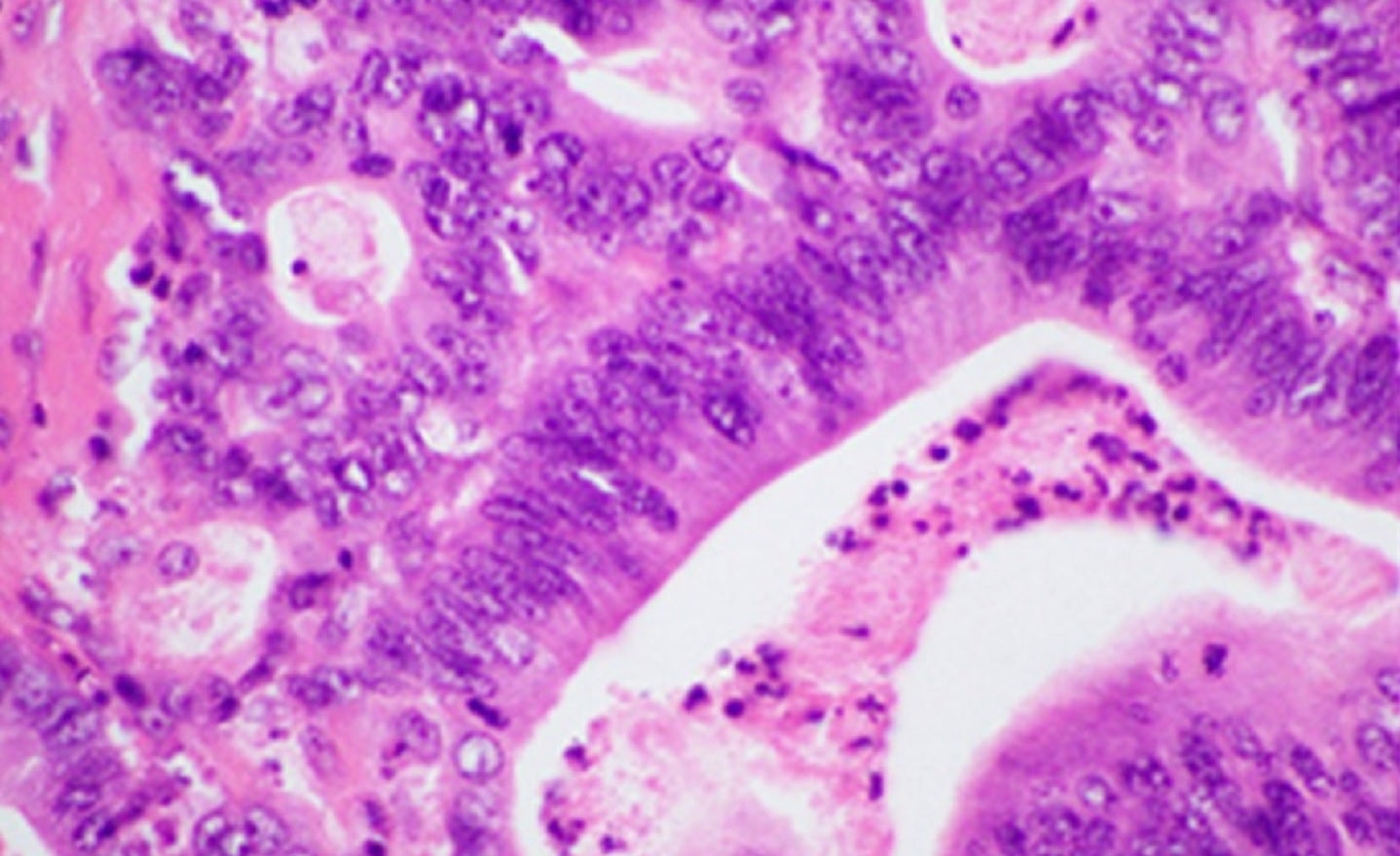

Akamis Bio is expanding its collaboration with the Parker Institute for Cancer Immunotherapy (PICI) to include a clinical partnership with the Cancer Research Institute (CRI) for advancing new pancreatic cancer treatments.
Akamis Bio and PICI commenced a pre-clinical collaboration in 2018 for investigating the use of the former’s T-SIGn therapeutics to treat solid tumours.

Discover B2B Marketing That Performs
Combine business intelligence and editorial excellence to reach engaged professionals across 36 leading media platforms.
As part of the latest collaboration, Akamis Bio’s clinical-stage NG-350A immuno-stimulatory tumour gene therapy will be assessed along with standard-of-care chemotherapy and the CTLA-4 inhibitor ipilimumab (YERVOY).
It will also be included in cohort C of the REVOLUTION platform clinical study, which is assessing new therapeutic combinations to treat people, who were previously untreated, with metastatic pancreatic cancer.
The intravenously delivered T-SIGn therapeutic NG-350A has the potential to be used as a monotherapy, as well as in combination with other immuno-oncology agents.
The new cohort will evaluate NG-350A’s ability, along with ipilimumab and standard-of-care chemotherapy, to drive a CD40 agonist-mediated antitumour immune response in metastatic pancreatic cancer.

US Tariffs are shifting - will you react or anticipate?
Don’t let policy changes catch you off guard. Stay proactive with real-time data and expert analysis.
By GlobalDataAkamis Bio CEO Howard Davis said: “This study will generate important insights into the use of combination therapies for the treatment of pancreatic cancer while providing additional NG-350A data to build upon the consistent safety and tolerability profile, as well as promising preliminary evidence of clinical activity observed to date.”
The company is also independently assessing NG-350A in two multicentre, open-label Phase Ia clinical trials, named FORTITUDE and FORTIFY.
In the FORTITUDE study, NG-350A’s tolerability, safety, and preliminary efficacy are being assessed as a monotherapy in metastatic or advanced epithelial tumour patients.
The FORTIFY study is evaluating NG-350A in combination with pembrolizumab.
Cell & Gene therapy coverage on Clinical Trials Arena is supported by Cytiva.
Editorial content is independently produced and follows the highest standards of journalistic integrity. Topic sponsors are not involved in the creation of editorial content.

